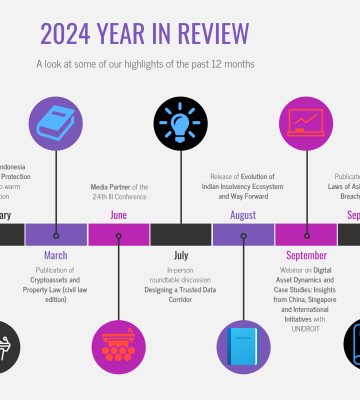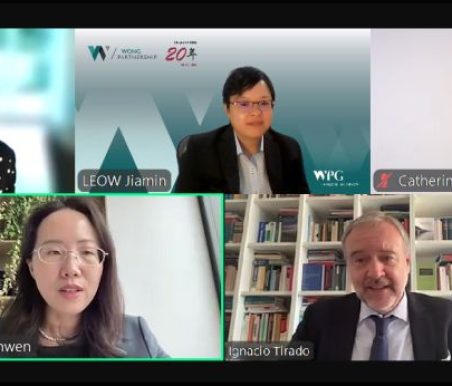In a Grounds of Decision (DGX v DGY [2024] SGHC 17) issued on January 24, 2024, the General Division of the High Court of Singapore (Singapore Court) dismissed an application to enforce some parts of a divorce ordered granted by the magistrate of the Family Court of Western Australia (WA Family Court).
Background
The applicant before the Singapore Court and the respondent (who were absent) were married in Singapore and subsequently moved to Australia. After their marriage broke down, the parties were granted divorce in 2021. The applicant, being the husband, was ordered by the WA Family Court to procure the sale of real properties jointly owned by the parties, including one Housing & Development Board (HDB) flat in Singapore and deposit the sales proceeds into a joint account to be opened with the respondent.
As the HDB flat is jointly owned by the parties, the husband is unable to sell it solely on the basis of the WA Family Court order. Accordingly, he sought to register relevant parts of the WA Family Court order with the Singapore Court under the Reciprocal Enforcement of Foreign Judgments Act 1959 (2020 Rev Ed) (Act).
Reasoning
Following amendments in 2019 where Singapore consolidated its statutory regime for the recognition and enforcement of foreign judgments, the Act applies to judgments of relevant gazetted courts of both Commonwealth and non-Commonwealth countries. Further, the registrability of foreign orders has been extended to include, among others, non-money judgments, such as freezing orders and injunctions, mandatory orders and orders for specific performance).
The precise scope of foreign judgments that can be recognised and enforced under the Act is, however, subject to negotiation by the executive branch of the Singapore Government, and once decided, will be published by the Minister “by order in the Gazette”. In this regard, the Minister promulgated the Reciprocal Enforcement of Foreign Judgments (United Kingdom and the Commonwealth) Order 2023 (2023 Order) which came into operation on 1 March 2023.
Although Australia is a country specified in the 2023 Order and the WA Family Court is also a recognised court specified in that order, only “money judgment that is final and conclusive as between the parties to it” qualifies as a judgment of any recognised Australian court, including the WA Family Court, in the 2023 Order.
Since the parts relating to the HDB flat in the WA Family Court order are not considered a money judgment based on the definition of money judgment under the Act, the Singapore Court was compelled to dismiss the application.
Commentary
Traditionally, common law jurisdictions do not enforce foreign non-monetary judgments under common law rules, although the appropriateness of this position has been questioned in light of modern circumstances. Singapore, by the 2019 amendments, has explicitly extended its statutory regime for recognition and enforcement of foreign judgments to non-money judgments under the Act. Nevertheless, the fact that a court of a foreign state is recognised under the 2023 Order does not mean non-money judgments from that court are automatically enforceable in Singapore under the statutory regime. It is important to always check the 2023 Order to confirm the type of judgments from that court that is specified.
More about ABLI’s work on the recognition and enforcement of foreign judgments in Asia can be found here and here.
Whilst every effort has been made to ensure that the information contained in this update is correct, the Asian Business Law Institute disclaims all liability and responsibility for any error or omission in this update, and in respect of anything, or the consequences of anything, done or omitted to be done by any person in reliance, whether wholly or partially, upon the whole or any part of the contents of this update.

![[Interview] Landmark Indonesian Recognition [Interview] Landmark Indonesian Recognition](https://abli.asia/wp-content/uploads/elementor/thumbs/Interview-Landmark-Indonesian-Recognition-qyrpydq7g6gonjx6j9t9j0r1rqwwtrar5m0vw55480.jpg)

![[Recap] France-Singapore Legal Symposium [Recap] France-Singapore Legal Symposium](https://abli.asia/wp-content/uploads/elementor/thumbs/Recap-France-Singapore-Legal-Symposium-qyrpydq7g6gonjx6j9t9j0r1rqwwtrar5m0vw55480.jpg)



